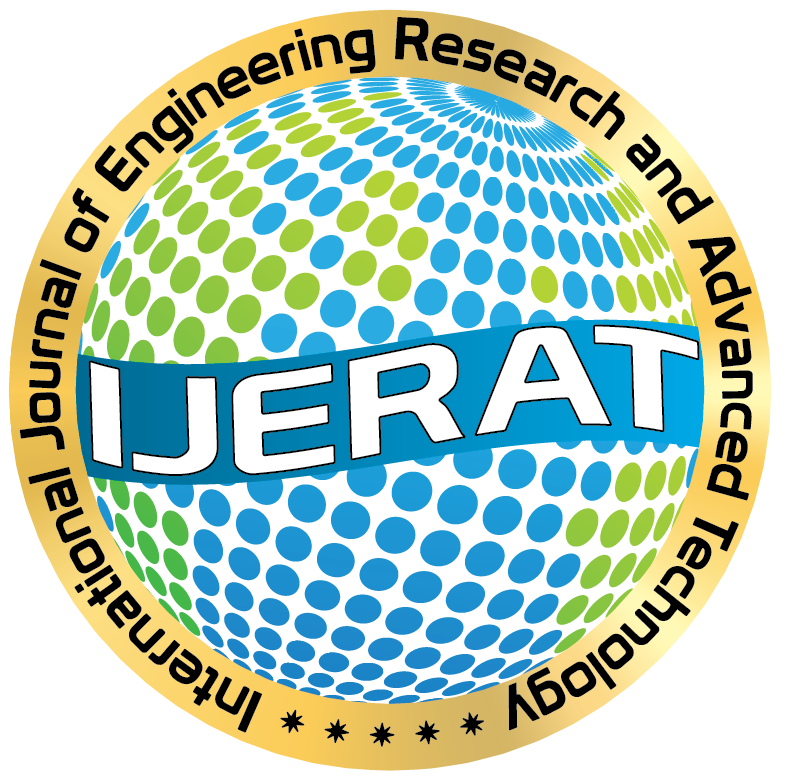Effect of Weld Parameters on Mechanical Properties of Friction Stir Welded Aluminium Alloy6082-T6 and Soft Steel (Mild Steel)
DOI:
https://doi.org/10.7324/IJERAT.2017.3114Keywords:
Friction Stir Welding, Dissimilar Joining, Tensile Strength, Hardness, Aluminium Alloy, Stainless Steel, Fractography, Scanning Electron Microscope, Energy Dispersive Spectrograph, Intermetallic Compound.Abstract
Friction Stir Welding is a solid state joining process where a tool with pin, which is non-consumable, is used to join the two facing workpieces without melting them. This technique was invented in 1991 by The Welding Institute, United Kingdom. Joining of Non-Ferrous and Ferrous materials like Aluminium to Steel finds its application in various industrial applications. Due to the large differences in melting temperature, physical and chemical properties makes it difficult to control weld and defects during welding. Formations of intermetallic compounds at the interface due to very low solubility of Fe in Al are detrimental to joint efficiency. The butt joint between Al 6082-T6 and Steel is formed by friction stir welding is carried out on a friction stir welder. Tensile tests and hardness test are conducted on the weld specimens to assess the change in mechanical and metallurgical behaviour. The fractured tensile specimens are subjected to fractography analysis in order to find out the origin of cracks and the fracture mechanism involved.








